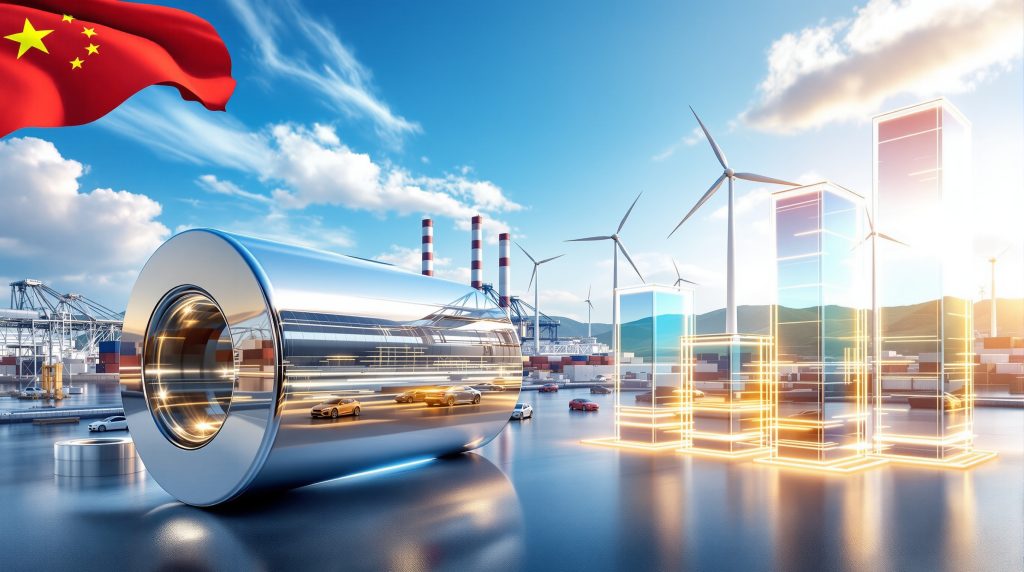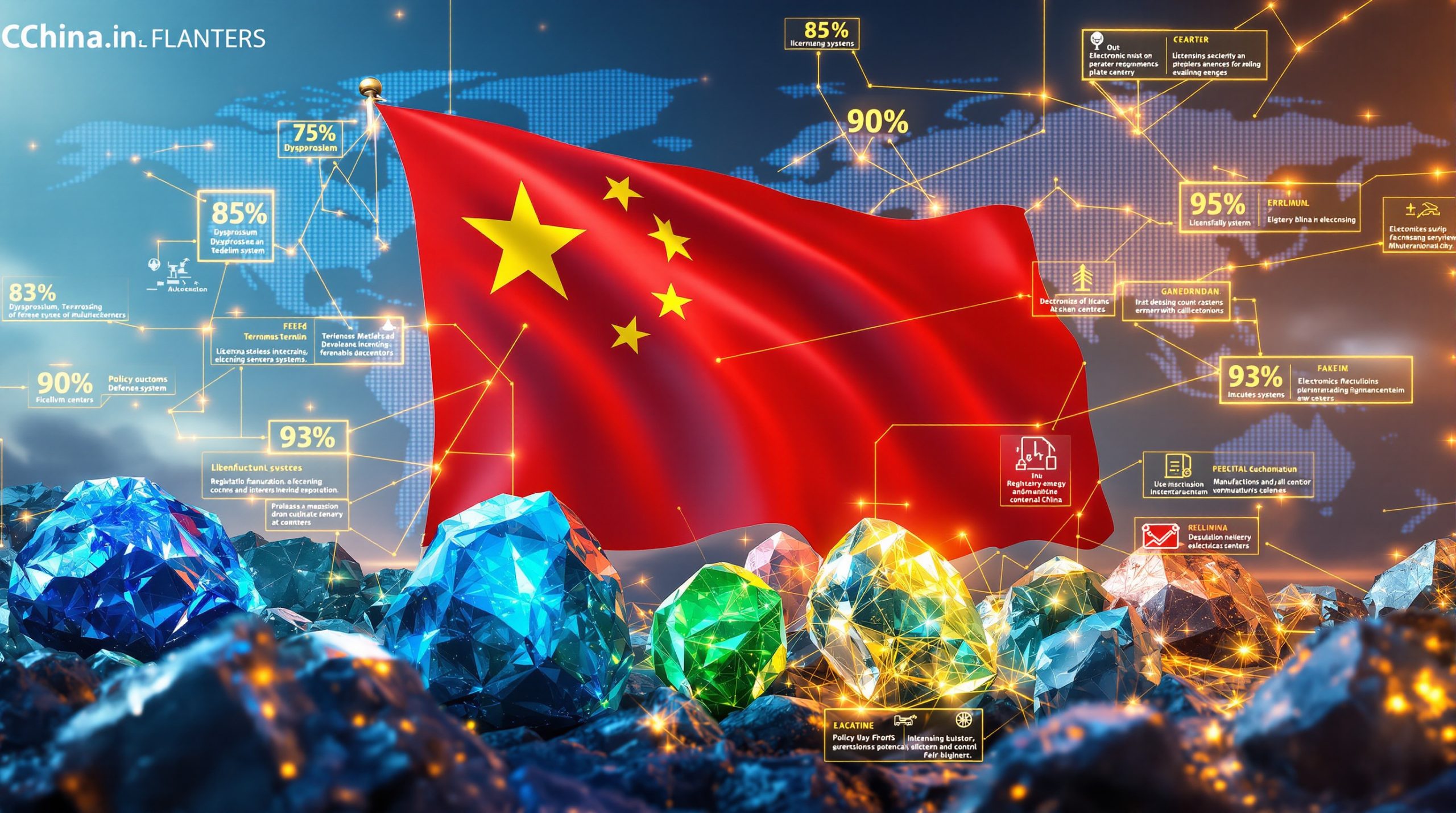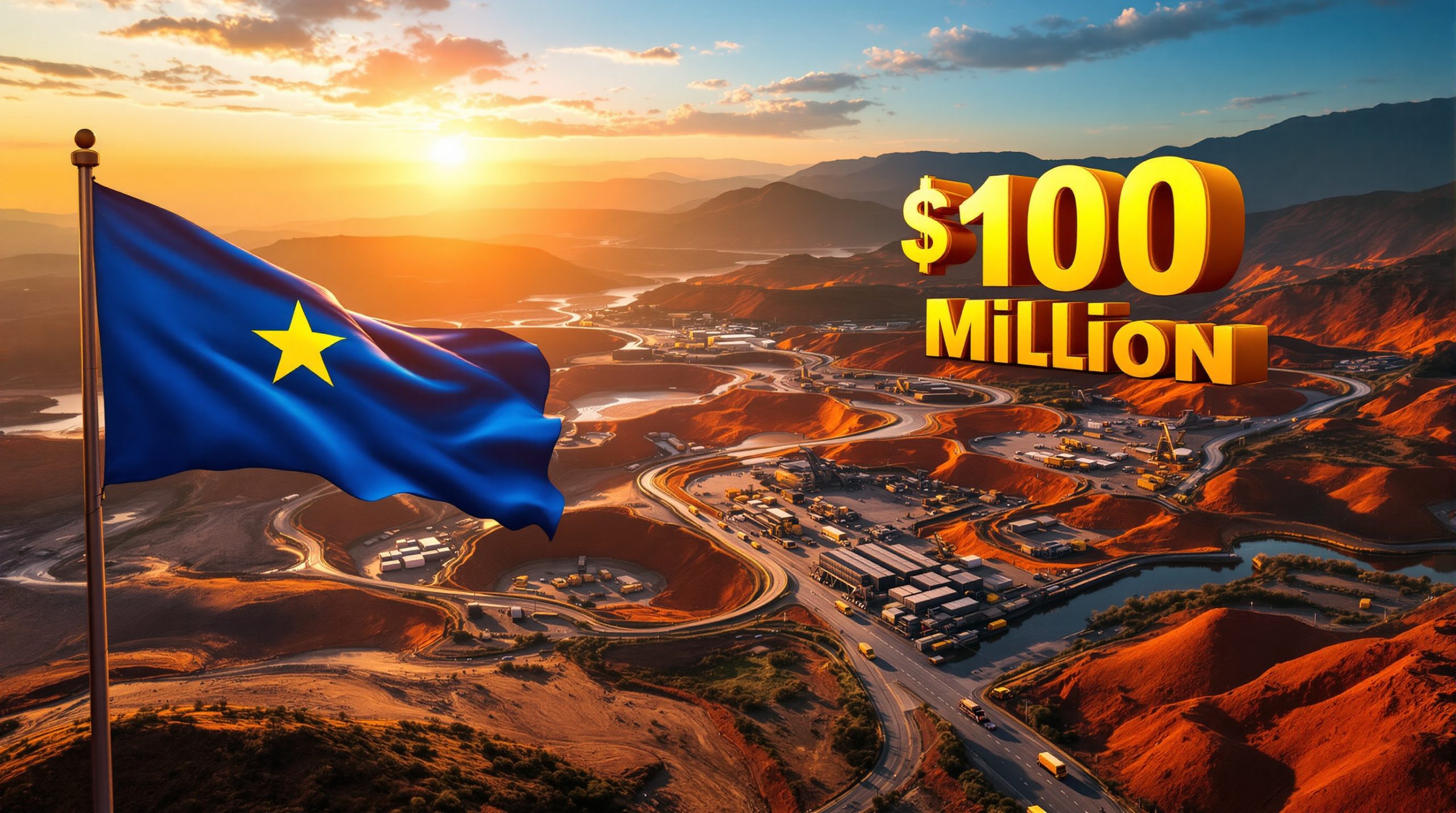The Strategic Importance of Rare Earth Magnets in Modern Technology
Rare earth permanent magnets have become the invisible backbone of contemporary technology, powering everything from electric vehicle motors to wind turbine generators. The rare earth magnets import China landscape has evolved dramatically, with these specialized materials playing an indispensable role in applications spanning automotive manufacturing, aerospace systems, consumer electronics, and defense equipment.
The unique magnetic properties of these materials cannot be easily replicated by alternatives, making them essential components in the global transition toward clean energy and advanced manufacturing. Electric vehicles rely on rare earth magnets for efficient motor operation, while wind turbines depend on permanent magnet generators to convert mechanical energy into electricity.
Understanding China's Market Position
China maintains near-absolute dominance over the technology required to process rare earth elements into high-performance permanent magnets. While rare earth elements themselves are not particularly scarce globally, the sophisticated processing capabilities remain concentrated within Chinese facilities.
This technological monopoly creates dependency even when other countries possess raw mineral deposits. Furthermore, the complex transformation from raw materials to finished magnets requires specialized knowledge, equipment, and processing techniques that have been developed and refined over decades.
Export Control Mechanisms and Their Evolution
The Technology Processing Advantage
China's control extends beyond simple material supply to encompass the entire technological ecosystem required for rare earth magnet production. This dominance creates strategic leverage that traditional resource-based export controls cannot match.
The processing technology represents years of industrial development and investment, creating barriers that cannot be quickly overcome by other nations seeking supply chain independence. Foreign companies attempting to develop alternative processing capabilities face significant technological and capital investment challenges.
Recent Regulatory Expansions
Beijing significantly expanded its rare earth export controls in October 2025, adding five new elements to the restricted list and incorporating dozens of refining technologies under regulatory oversight. These expanded controls now require foreign producers using Chinese materials to comply with China's export control strategy.
The new regulations represent a substantial extension of Chinese regulatory reach beyond its borders, affecting global supply chains that incorporate even minimal quantities of Chinese-origin materials. Consequently, companies worldwide must now navigate Chinese export control requirements regardless of their geographic location.
Global Import Dynamics and Strategic Responses
India's Licensing Breakthrough
Indian companies successfully obtained licenses for importing rare earth magnets from China, as announced by India's foreign ministry in October 2025. This development signals potential easing of Beijing's export restrictions for specific strategic partners.
The licensing announcement came without detailed disclosure of approved companies, license quantities, or attached conditions. This opacity reflects the case-by-case evaluation process that characterises China's current export control approach.
Major Indian corporations, including Reliance Industries, accelerated shipments ahead of early November deadlines to secure supplies before tightened restrictions took effect. This rush demonstrates the market volatility created by policy uncertainty surrounding rare earth magnets import China operations.
Diplomatic Negotiations and Trade Leverage
China agreed to delay implementation of its latest round of rare earth export controls as part of negotiations involving Trump's critical minerals order and Chinese leader Xi Jinping. However, previous restrictions remain in place, maintaining pressure on global supply chains.
This negotiation dynamic illustrates how rare earth export controls function as diplomatic tools, providing China with leverage in broader trade discussions. The selective delay of new controls while maintaining existing restrictions demonstrates nuanced policy application.
Industrial Impact Assessment
Automotive Sector Vulnerabilities
Export controls introduced in April 2025 triggered shortages that threatened to disrupt global car production. The automotive industry's heavy reliance on rare earth magnets for electric vehicle motors creates particular vulnerability to supply disruptions.
Electric vehicle manufacturers face potential production delays and increased costs when rare earth magnet supplies become uncertain. These disruptions cascade through supply chains, affecting component suppliers and assembly operations worldwide, highlighting how US‐China trade war impacts extend beyond traditional sectors.
Defense and Aerospace Applications
Rare earth magnets play crucial roles in aircraft systems and weapons technologies, making defense contractors particularly sensitive to supply restrictions. The strategic nature of these applications adds national security dimensions to supply chain considerations.
Military applications require consistent material quality and reliable supply timing, making defense contractors especially vulnerable to export control unpredictability. Alternative sourcing becomes a national security imperative rather than simply a business decision.
What Role Do Rare Earth Magnets Play in Clean Energy?
Wind turbine manufacturers depend on rare earth permanent magnets for efficient generator operation. Supply disruptions can slow clean energy infrastructure development and increase renewable energy project costs, directly affecting the critical minerals energy transition.
The irony of rare earth supply constraints potentially hampering clean energy deployment highlights the complex interdependencies within global technology supply chains. Countries promoting renewable energy must simultaneously address critical material supply security.
Supply Chain Diversification Strategies
The Challenge of Alternative Processing
Establishing alternative rare earth processing capabilities requires substantial technological development and capital investment. The specialized nature of magnet production creates high barriers to entry for new market participants.
Environmental considerations add complexity to developing domestic processing facilities. Rare earth processing can generate significant environmental impacts, requiring careful regulatory planning and community engagement. For instance, China's dominance in global supply chains has been built over decades of investment and environmental trade-offs.
Strategic Inventory Management
Companies are increasingly maintaining larger strategic inventories to buffer against supply disruptions. This approach provides short-term protection but increases carrying costs and working capital requirements.
Inventory strategies must balance supply security against financial efficiency. Extended inventory positions tie up capital and create obsolescence risks, particularly for rapidly evolving technology applications.
Market Volatility and Response Patterns
Industry Rush Dynamics
The announcement of battery-related export restrictions triggered rushes among global customers to accelerate shipments before deadline implementation. This pattern creates sudden demand spikes followed by potential supply constraints affecting rare earth magnets import China activities.
These rush periods distort normal market dynamics, creating artificial scarcity and price volatility. Companies must balance securing immediate supply against potential oversupply situations once restrictions stabilise.
Long-term Planning Challenges
Export control uncertainty complicates long-term production planning for manufacturers dependent on rare earth magnets. Companies must develop contingency planning for multiple supply scenarios while maintaining operational efficiency.
The unpredictable nature of policy changes makes traditional supply chain optimization difficult. Manufacturers increasingly prioritise supply security over cost optimization in strategic material sourcing decisions, as highlighted by recent threats to US defense supply chains.
Geopolitical Implications and Future Outlook
How Are Rare Earths Used as Diplomatic Tools?
China's use of rare earth export controls demonstrates how critical materials can serve as geopolitical leverage instruments. The strategic application of these controls influences broader diplomatic relationships and trade negotiations.
The selective nature of licensing decisions allows for differentiated treatment of various countries based on diplomatic considerations. This approach creates incentives for nations to align policies with Chinese interests to secure material access.
Technology Innovation Drivers
Supply chain vulnerabilities are driving increased research investment in alternative magnet technologies and recycling capabilities. The rare earth upgrade breakthrough initiatives may eventually reduce dependence on traditional rare earth supply chains.
Innovation timelines, however, typically extend over many years, leaving industries vulnerable to supply disruptions in the interim. The gap between recognised need and technological solutions creates ongoing strategic challenges.
Risk Mitigation and Strategic Planning
Corporate Response Strategies
Companies dependent on rare earth magnets are developing multi-faceted approaches to supply chain risk management. These strategies include supplier diversification, strategic partnerships, and technology development investments.
Successful risk mitigation requires balancing multiple factors: cost considerations, supply security, quality requirements, and technological compatibility. No single approach provides complete protection against supply disruptions.
National Policy Considerations
Governments are reassessing critical material dependencies and developing strategic policies to enhance supply chain resilience. These policies often involve industrial development incentives, research funding, and diplomatic initiatives.
National approaches vary significantly based on domestic capabilities, international relationships, and strategic priorities. Coordination between countries facing similar vulnerabilities can enhance collective bargaining power and resource sharing.
Navigating the New Reality
The transformation of rare earth magnet trade from routine commercial transactions to strategic policy tools represents a fundamental shift in global supply chain dynamics. Companies and governments must adapt to this new reality while building more resilient systems for the future.
Success in this environment requires sophisticated understanding of both technical requirements and geopolitical considerations. Traditional business planning models must incorporate political risk assessment and diplomatic relationship management as core components.
The evolution of rare earth magnets import China controls demonstrates how critical materials can reshape international relationships and industrial strategies. Organisations that effectively navigate these challenges while building alternative capabilities will be best positioned for long-term success in an increasingly complex global marketplace.
Disclaimer: This analysis is based on publicly available information as of late 2025. Export control policies and market conditions may change rapidly, and readers should consult current sources and qualified advisors for specific business decisions.
Looking for Opportunities in Critical Minerals and Technology Stocks?
Discovery Alert's proprietary Discovery IQ model delivers instant alerts on significant ASX mineral discoveries, including critical minerals essential for modern technology and clean energy infrastructure. With rare earth supply chains facing unprecedented disruption, explore how historic mineral discoveries have generated substantial returns and begin your 30-day free trial today to position yourself ahead of the market.




